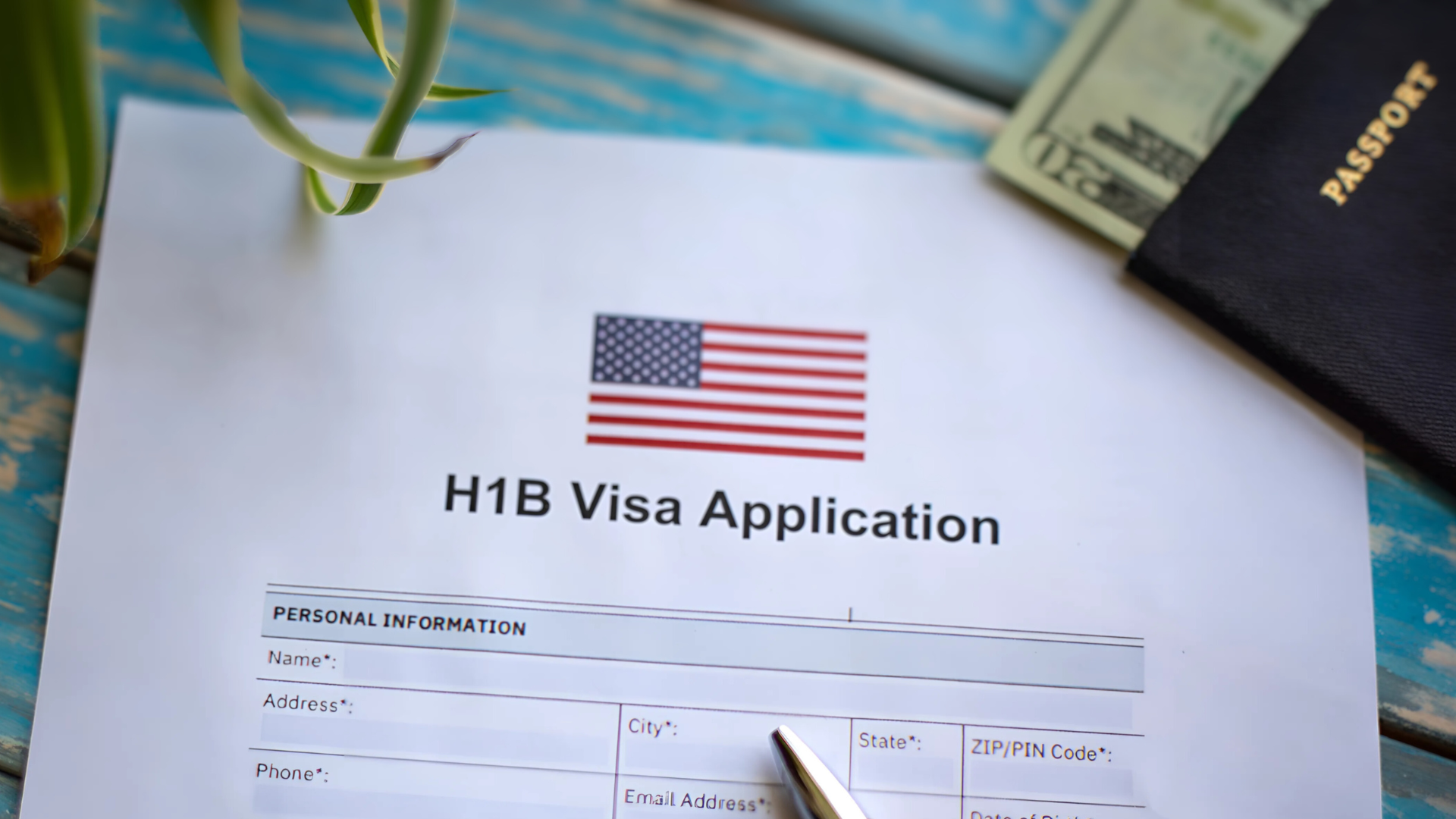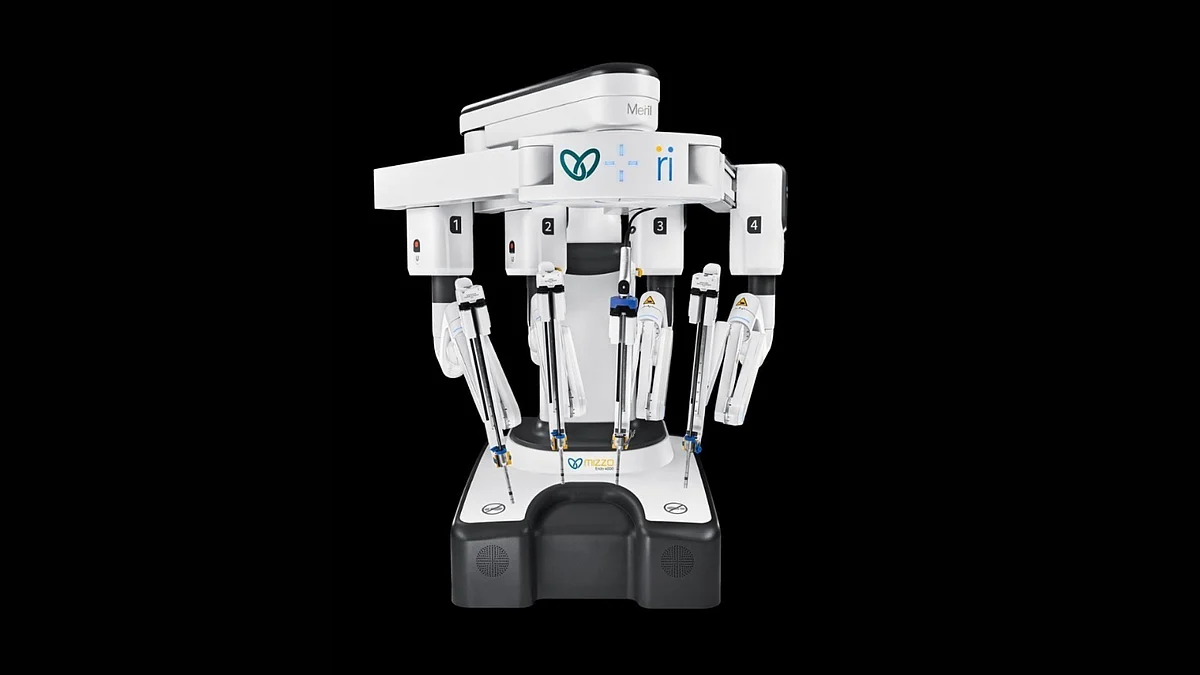‘They’re Taking Our Jobs’: 56% of Americans Say H-1B Visa Holders Create ‘Unfair Competition’, Survey

A striking new survey has revealed sharp divisions among American professionals over H-1B visa workers, with more than half of US citizens believing that foreign talent creates ‘unfair competition’ for domestic jobs.
The findings highlight growing workplace tensions as political leaders increasingly challenge corporate immigration practices.
Survey Reveals Stark Employment Divide
The survey, conducted by professional networking platform Blind between 25 August and 3 September 2025, gathered responses from 4,230 verified professionals across the United States, including US citizens, green card holders, and H-1B visa workers themselves.
The results demonstrate a clear split along immigration lines: whilst 70% of respondents overall agreed that H-1B visa holders play a crucial role in helping American companies grow, views diverged dramatically depending on citizenship status. Among US citizens, only 49% supported that statement, compared to 87% of foreign-born professionals.
Who Qualifies and How Views Split
The survey found that 56% of US citizens described H-1B workers as creating ‘unfair competition’ and taking jobs away from domestic employees. By contrast, just 27% of green card holders and only 9% of H-1B workers themselves agreed.
When asked if companies should prioritise hiring US citizens and green card holders over foreign workers, 60% of American respondents said yes. Only 11% of H-1B visa holders and 35% of permanent residents shared that view.
Despite these divides, a majority, overall 63% of respondents, said companies should hire the best talent regardless of citizenship or visa status.
Why It Matters
The H-1B programme, created in 1990, provides temporary visas for highly skilled foreign workers, particularly in technology, engineering and healthcare. Supporters argue the system fills critical skill gaps and boosts innovation, while critics contend it suppresses wages and displaces American workers.
The Blind data suggests that perceptions of competition remain strongest among US citizens, even as many acknowledge the value of foreign expertise. Younger professionals appeared more open to foreign talent, while older respondents were more likely to view H-1B holders as rivals.
The issue has become increasingly political. Senator JD Vance recently criticised Big Tech companies for laying off Americans while continuing to sponsor foreign workers, fuelling calls for tighter immigration rules. High-profile layoffs and workplace disputes have also heightened anxieties about how major employers use visa programmes.
What People Are Saying
Blind’s platform allowed professionals to share candid opinions. One Microsoft employee wrote:
‘The H-1B and other visa programmes are out of control, and have become a way for the US to hand its best jobs to foreigners. We have enough SWE graduates in the US now that these programmes can and should be scaled back significantly.’
Others pushed back. An Amazon professional argued: ‘Stopping H-1B renewals just moves cutting-edge development to another country. Tech follows talent.’
And a PayPal worker added: ‘Once someone is in the labour pool (i.e. they have a visa), they are 100% equivalent to anyone else in the labour pool. None of this ‘when there’s layoffs, the H-1Bs go first’ nonsense.’
Political Stakes Rise Ahead of Congressional Reforms
The findings emerge as Congress considers significant reforms to the H-1B system, including proposals to reduce the annual cap of 85,000 visas, increase application fees, and implement stricter employer audits.
The programme, created in 1990 for highly skilled foreign workers, particularly in technology, engineering, and healthcare, has become increasingly contentious.
Federal data shows approximately 72% of H-1B visas go to workers from India, with 12% allocated to Chinese nationals. Major recipients include Amazon, Google, Meta, and Tesla, which secured thousands of approvals in 2024.
Economic and Social Implications Intensify Debate
Supporters argue the H-1B system fills critical skill gaps and drives American innovation, whilst critics contend it suppresses wages and displaces domestic workers.
The Blind survey suggests that perceptions of competition remain strongest among US citizens, even as many acknowledge foreign workers’ valuable contributions.
High-profile corporate layoffs and workplace disputes have heightened anxieties about how major employers utilise visa programmes. With the 2026 election cycle approaching, both political parties are expected to leverage public opinion to shape immigration policy reforms.
The survey highlights a persistent workplace truth: while H-1B workers remain vital to America’s innovation economy, many US citizens continue to view them as competitors rather than colleagues. This divide reflects not only employment pressures but broader national anxieties about fairness, opportunity, and America’s economic future.



